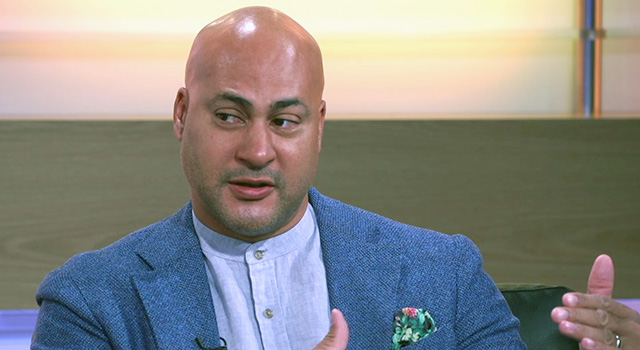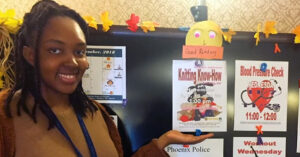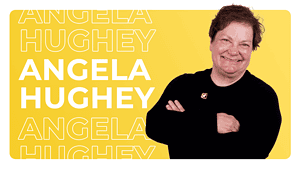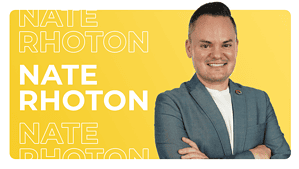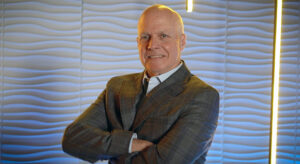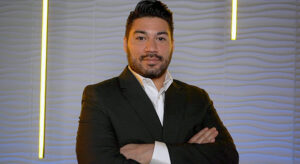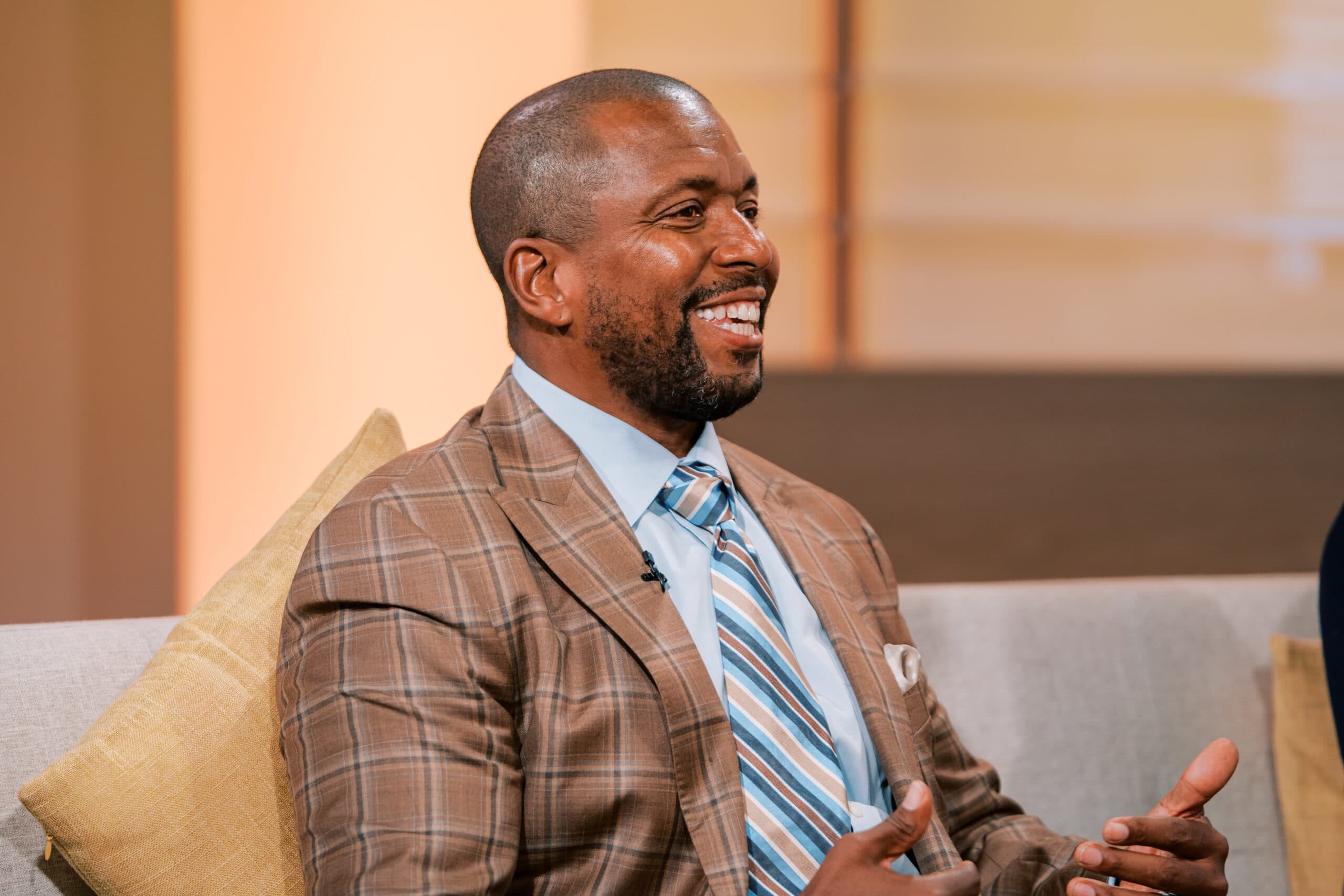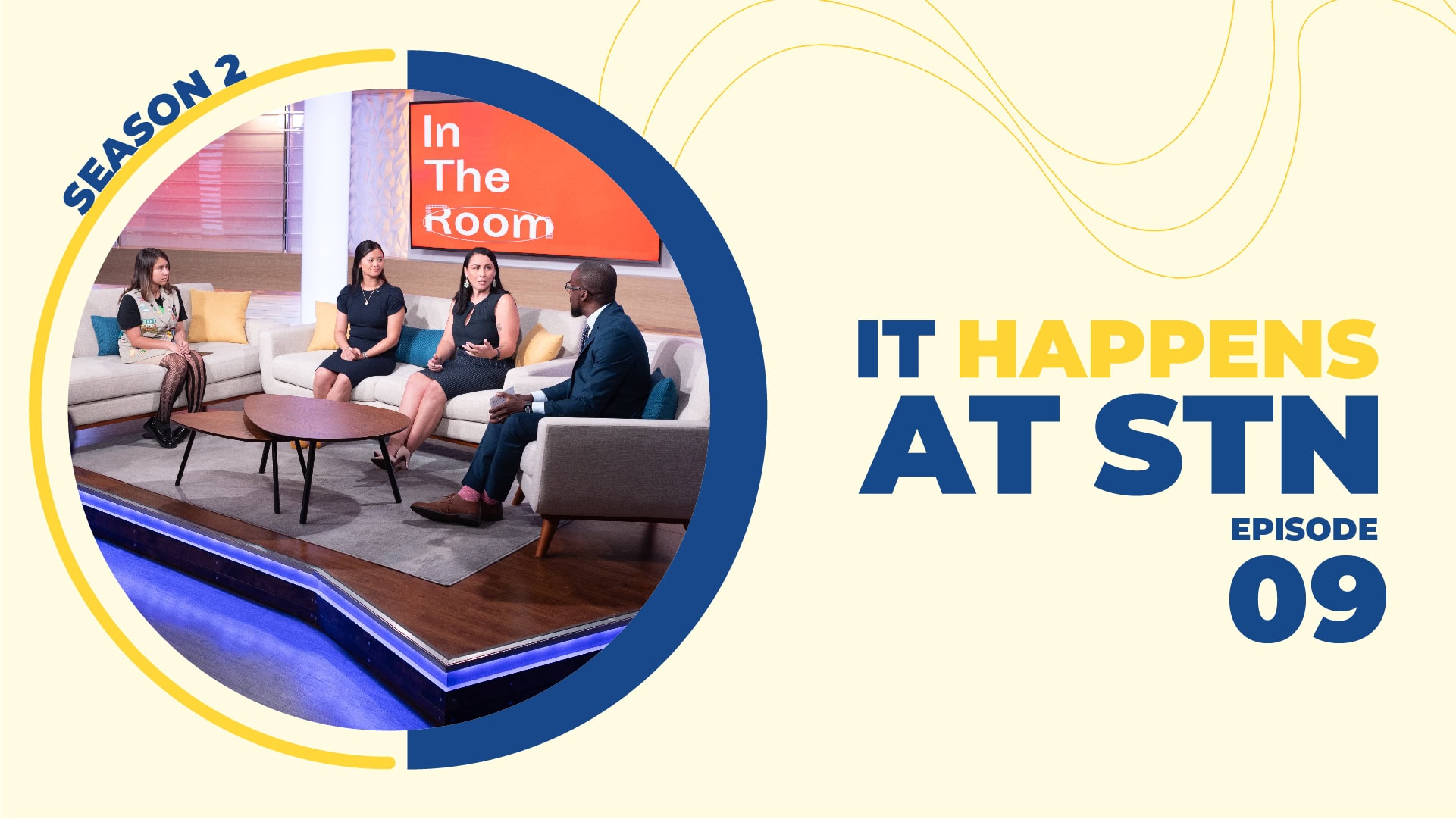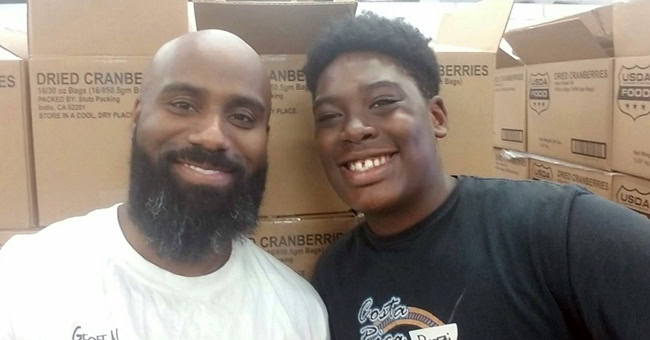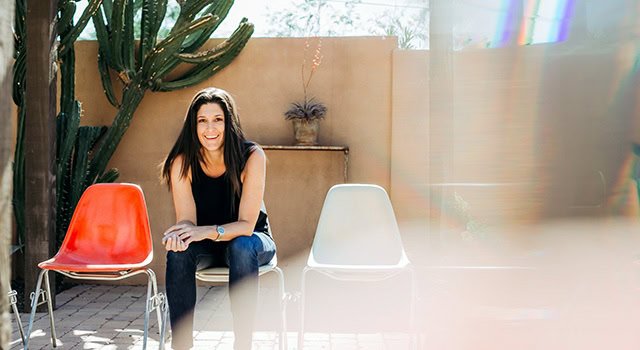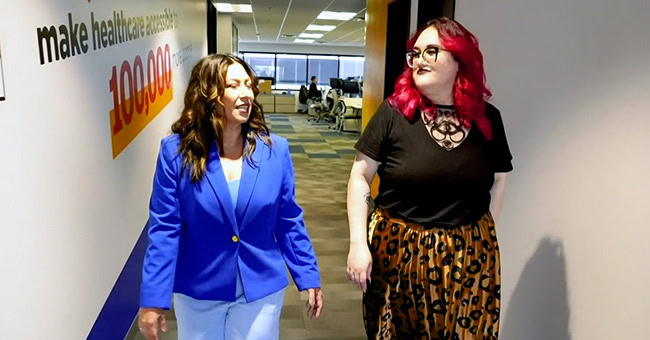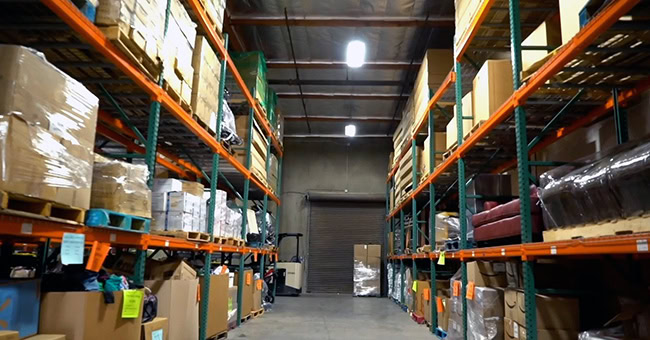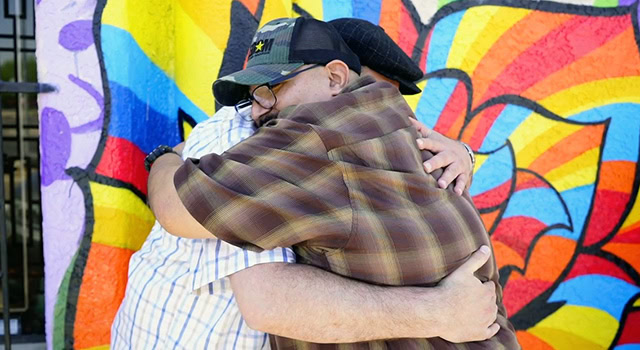Essen Otu grew up in the tough west Phoenix neighborhood of Maryvale. When Essen was young, he says Maryvale was known as ‘scary-vale’, he learned a lot growing up there. He learned the consequences of bad decisions, but he also learned what happens when you make correct decisions in life.
Today, Essen is the manager of diversity, equity, and inclusion at SRP. He is also one of the founders of a local non-profit called REAP (Real Engagement Through Active Philanthropy). REAP teaches young Black men the importance of reinvesting in their communities. Essen sits down with STN to talk about how his neighborhood helped shape his career path and how it planted the seed for the type of leader that he is today.
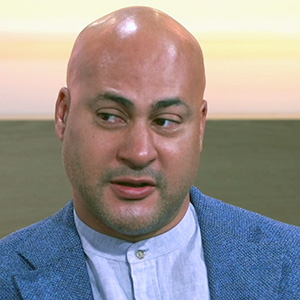
“I think over time, you build trust and relationships with people that allow them to follow you as a leader.”
– Essen Otu, Diversity, Equity & Inclusion Manager, SRP
Essen Otu, SRP’s manager of diversity equity, and inclusion sits down with STN to talk about how growing up in Maryvale helped shape him into the leader that he is today, and why self-care is so crucial for everyone.
This article has been edited from the original interview for content, length and clarity.
STN:
You are a pillar of the community. You wear a lot of hats. What are just some of the things that you’re involved in?
Essen Otu:
One thing that brings me a lot of joy and fulfillment is philanthropy. I had the opportunity to start a men’s giving circle, called REAP in 2014 along with some other really good friends and pillars in the community. I have had the chance to serve on a lot of different non-profit boards, which I’ve learned a lot from. I really try to figure out where the community needs are and how I can provide whatever it is that I have to share to make better healthier communities. I am also serving as a board member of the Arizona Community Foundation.
STN:
Let’s talk about leadership styles. Some people can be loud and boisterous when they are in a leadership position, but you are a quiet understated guy. I don’t think I have ever heard you raise your voice. You have a more low-key approach to leading. Tell us about that, where does it come from?
EO:
I think we all approach leadership differently, I like to believe that there are lots of leadership styles out there that are effective. I think about subtle leadership, as my approach, you’re there, and people know that you’re there. You listen, and you wait for the right opportunity to share something that’s an element of your perspective that can add value. I think over time, you build trust and relationships with people that allow them to follow you as a leader. That has been the style or way that I’ve led. Not necessarily always intentionally, but that’s just how it’s happened over the course of my leadership journey, and I think that’s constantly building.
STN:
You grew up on the west side and graduated from Maryvale High School, which in the 80’s and 90’s was a pretty tough place to grow up. How did coming from that environment help shape and influence the work that you do?
EO:
People used to call it “scary-vale”. Sometimes it deserved that name. I will say that what growing up in Maryvale taught me was you do have to take control of your own destiny. We were amongst folks that ended up in different places from where we are today. I saw firsthand what happened to those folks making bad decisions that led them to a very different place than where I am today.
Another thing I think about is learning to overcome adversity. I think about all of the things that didn’t necessarily go well that you didn’t anticipate, but you had to figure out. How do I navigate this environment, how do I navigate my safety? How do I overcome all of these different things going on in the neighborhood? I think you can’t help but learn so much from that process. Even the unconventional routes. It took me way longer than a lot of other people to graduate from college. I think part of it had to do with the environment that I was in, and not necessarily having the same direction a lot of times that others may have had, but eventually getting there, overcoming those obstacles and adversities to still push through and hopefully, live out your purpose.
STN:
You are the diversity, equity and inclusion manager at SRP, and you are also a Black man that has been living in this world over the past few years when there has been a lot of social and civil unrest in our country. You also deal with these subjects on a daily basis in your own work with SRP to improve systems that contribute to biases in the workplace every day. You are literally surrounded by issues of D, E, & I twenty-four hours a day. How do you find a balance between what you may be going through personally and the things that you have to deal with doing the work that you do with SRP?
EO:
I think the last few years, in particular, have been challenging for D, E, I practitioners; to take in everything that’s happening around you societally to really think about what it means in relation to the work that you do. Trying to take advantage of the window of opportunity that exists when times like this emerge, and what can you get done when people are listening and when people are paying attention is a lot to take on. It really compounds the pressure you feel as a person of color. I am in a role that is really responsible for advancing inclusion, equity, and diversity, and so for me, it really came down to figuring out what that balance is of overdoing it and then having to pull back. You can’t be effective as an employee, or as a leader, you can’t be effective as a husband or as a father if you’re not taking care of yourself. And so for me, it was really thinking about what I need to do to ensure that my self-care is taken care of first.
STN:
And self-care should not be considered selfish. What does self-care look like for you?
EO:
I really unplug from a lot of things. I don’t watch a ton of news, I try not to get pulled into it. I learned from a mentor of mine, you really have to take a sort of self-time out. So I try to take off a day, a month, maybe a Friday just for myself to go watch a movie by myself, maybe grab lunch at my favorite restaurant, to really figure out what I want to do with this day. It is not dependent on what anyone else wants to do, anything I have to do, but what do I want to do to take care of myself? And for me, that’s been a good practice of self-care and staying committed to doing it.
STN:
It takes true intention to take time out for self-care and walk that walk.
We are both members of an organization here in Phoenix called REAP (Real Engagement Through Active Philanthropy) you mentioned it earlier, you are part of a group of four businessmen locally that helped found it, so tell us about REAP. What is it? What do you all do?
EO:
REAP is a philanthropic giving circle, created as a mechanism to engage Black men in reinvesting in our communities. Phoenix in particular is an interesting place, we don’t have a huge Black population here and so we tend to sometimes be disconnected. I’ve always found through the years that people are looking for a way to meaningfully connect with each other. When I came back from my graduate school fellowship back in 2008, I had a mentor say, you should think about being part of this Black philanthropy initiative task force at the Arizona Community Foundation. I said, sure let me go and check this out and get engaged with it. Out of that grew the idea of creating giving circles at the Arizona Community Foundation.
I decided to take on the task of conceptualizing what it would look like and what we would call it, and creating a vision for it. That was in 2014. Since then, we have engaged countless men as members. We have raised a pretty decent amount of money, and we’ve given out and invested a lot of money in organizations that support our community. What we learned along the way was we can’t just create this mechanism. We really have an opportunity as we’re building a community of givers to change the expectation of giving among Black men in Phoenix. That has really been our vision and goal that we’ve been working towards. How do we create that expectation where I may meet a Lloyd Hopkins, who’s new to town, and I ask you, how are you connected philanthropically, where do you give your dollars? You don’t have to be a millionaire, you just have to have a heart for giving, and be willing to sacrifice a little bit.
To learn more about REAP, click here.


